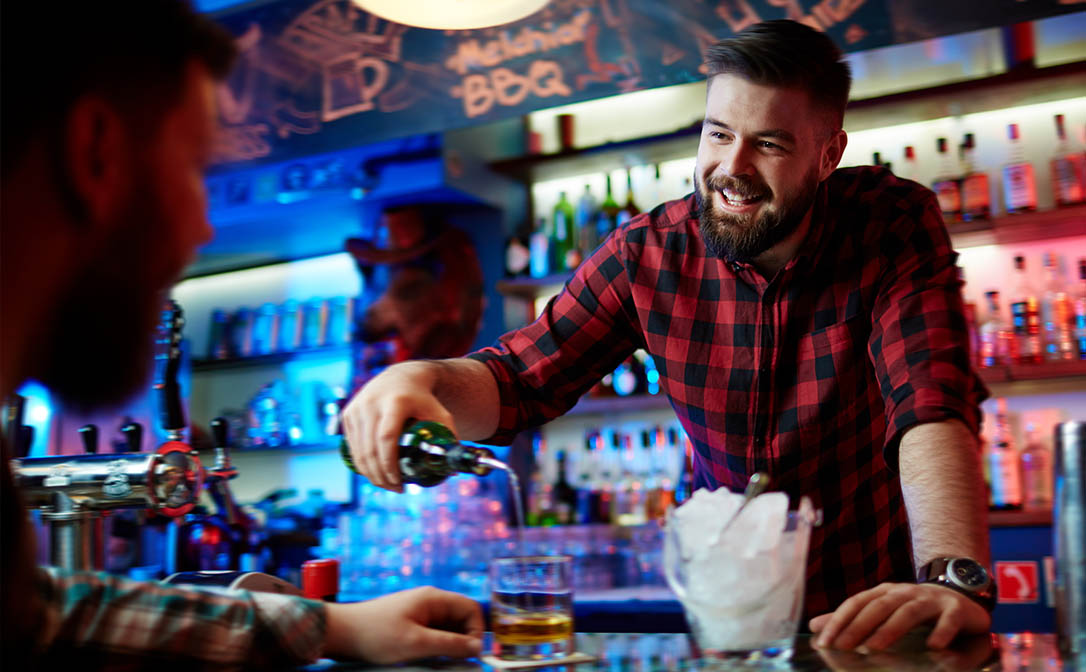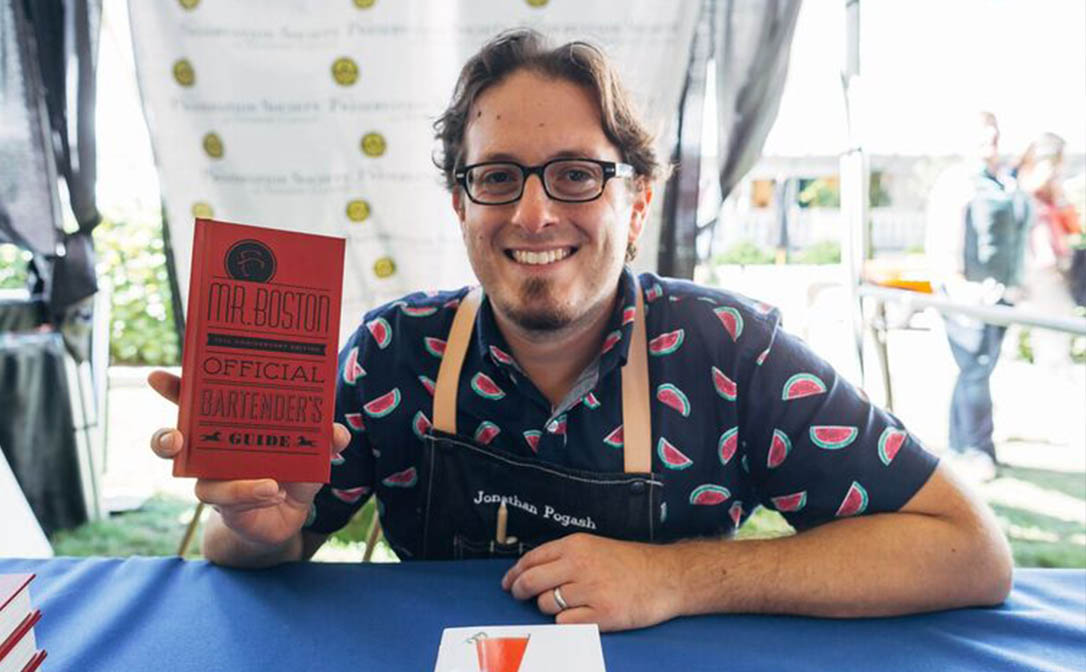Bartending was never a modern-day career option for anyone up until the turn of this century. Dale DeGroff, a mentor to many of us, brought us out of the dark ages of the cocktail and into our modern cocktail resurgence. It was Dale’s smart business sense and creative mind that gave us the flexibility and opportunity to spread our wings and become career bartenders.
Ryan Chetiyawardanna, aka Mr. Lyan (Tales of the Cocktails’ Spirited Awards 2015 Bartender of the Year) says that "Bartending has become much more of a job choice for people who are looking for a creative, social, and fulfilling career."
Bartending tends to attract those who may have an artful eye, a creative mind, a flair for performing. It’s easy to be trained at any old bartending school, but for those with the bartending "force", there is a recommended path to follow.
For those who dedicate themselves to gaining knowledge and experience, there are a great deal of rewards in a job that offers a huge amount of creative growth.
Ryan Chetiyawardanna, aka Mr. Lyan
Find A Mentor
When I first started, I was introduced to an ex-pat Brit named Gary "gaz" Regan. It was gaz who trained me during his Cocktails in the Country courses on proper bar technique, bar tools, classic cocktails, and creating and maintaining a relationship with the customer sitting on the other side of the stick. The importance of mentorship now became crystal clear to me.
A mentor comes in all shapes and sizes – it could be a family member, a fellow bartender, a teacher, spouse. This is a person you can count on, a person you can trust and follow in the footsteps of, a person who is willing to share ideas and life lessons with you. If you’ve been able to find a mentor, keep them close. They are the ones who can help guide you along. You ask them for advice, you lean on them for support, and sometimes you take them out for cocktails.

The Bookworm
To perfect one’s early bar skills, reading is fundamental in the practice of technique, recipes, and history. Mr. Boston Bartenders’ Guide (full disclosure: I edited the 75th Anniversary Edition) and the Joy of Mixology (by gaz Regan) are both clear choices for the budding Mixologist. Subscribing to industry magazines like Cheers and Difford’s Guide are key, as well as keeping a journal (does anyone use those anymore?) of thoughts and ideas. Along with books and magazines, real live training courses reinforce early bar skills and will help advance our careers. WSET educator and owner of UK-based Mixology & Beyond beverage consultancy, Claudia Carrozzi agrees: "Education is one of the main pillars for (one’s) career."
To Train Or Not To Train
There are two types of training when it comes to bartending: On the job and in-classroom. A well-rounded combination of the two are integral. An entry-level job, such as a barback, will almost certainly allow one to learn the basics: what liquor is what, how to open and close a bar, how to layout one’s mise en place, how to work as a team, and most importantly, how to be one with Hospitality.
Classroom training runs the gamut, from cheap bartending "schools" to certified, professional training facilities. Among some of the best training resources in our industry include B.A.R. (Beverage Alcohol Resource), Diageo World Class, The U.S. Bartender’s Guild, United Kingdom Bartender’s Guild (USBG, UKBG), the IBA (International Bartenders’ Association), and, of course, WSET.

Jonathan Pogash - aka the Cocktail Guru
Reap The Rewards
By continuing to educate ourselves and further our careers, we, as bartenders, can start to reap the benefits. "I’ve met many people that started working at the bar because they needed some extra money for their studies," says Carrozzi, "or they wanted to travel and they thought that bartending would be the best solution to earn some money. And then…boom, the magic happens! The passion takes over and what was once a temporary job becomes a profession."
As a professional bartender in our modern times, perks such as competitive salaries, trips to far off lands (I’m writing this sentence on a flight to Tokyo!), cocktail competitions, and life-long friendships arise.
Dedication is key, as Mr Lyan points out: "For those who dedicate themselves to gaining knowledge and experience, there are a great deal of rewards in a job that offers a huge amount of creative growth."
Never Stop Learning
Kevin Kroon, the most recent winner of the Dutch leg of Diageo World Class Cocktail Competition, believes learning is key, "The moment you find the key that unlocks the door to more knowledge in your job, you will find yourself in a profession that you could be good at. But to become the best or even world-class at it, takes years of opening doors with different keys."
Signor Francesco Lafranconi, an Italian-native, Las Vegas, Nevada resident, and world-renowned beverage professional, has a motto "We’re not drinking, we’re learning." The key to the success of our industry is education, and one should not forget to keep learning and continuing to improve skills.
Are you up for the challenge?


